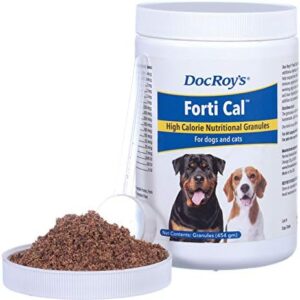
We all love our cuddly feline friends and want the best for them, but sometimes it can be tricky to keep our cats at a healthy weight. Just like people, cats can struggle with their weight and obesity can lead to a whole host of health issues. So, how can we help our cats stay fit and trim? Here are some tips and tricks for managing your cat’s weight.
First and foremost, it’s important to understand that every cat is unique. Just like humans, cats have different body types and metabolisms. Some cats are naturally more active and can eat a little more without gaining weight, while others may need to watch their calorie intake more closely. It’s essential to work with your veterinarian to develop a tailored weight management plan for your specific feline friend.
One of the most crucial aspects of weight management for cats is maintaining a healthy diet. Cats are obligate carnivores, which means they need a diet that is high in protein and low in carbohydrates. Many commercial cat foods are loaded with fillers and empty calories, so it’s essential to choose a high-quality, balanced diet for your cat. Consider feeding your cat a grain-free, protein-rich diet that mimics their natural prey.
In addition to choosing the right food, it’s essential to monitor your cat’s portion sizes. Just like with humans, overfeeding can lead to weight gain in cats. Follow the feeding guidelines on the packaging of your cat’s food, and be mindful of the number of treats you give throughout the day. It can be easy to spoil our cats with treats, but they can add up and contribute to excess calories.
Another essential component of weight management for cats is exercise. Cats are natural hunters and need plenty of physical activity to stay healthy. Make sure your feline friend has access to toys that encourage exercise, such as feather toys, laser pointers, and interactive puzzle feeders. You can also try setting aside dedicated playtime each day to ensure your cat gets the exercise they need.
If your cat is overweight or obese, it’s crucial to work with your veterinarian to develop a safe and effective weight loss plan. Rapid weight loss can be dangerous for cats and can lead to serious health issues, so it’s important to take a gradual approach. Your vet may recommend a combination of dietary changes, increased exercise, and possibly a prescription weight loss diet to help your cat shed those extra pounds.
It’s also essential to monitor your cat’s weight regularly. Keep track of their weight at home using a digital scale, and schedule regular check-ups with your veterinarian to monitor their progress. Your vet can help you adjust your cat’s weight management plan as needed to ensure they are on track to reach a healthy weight.
In addition to diet and exercise, it’s important to create a healthy lifestyle for your cat overall. Make sure your cat has access to fresh water at all times and plenty of mental stimulation to keep them happy and engaged. A healthy, well-rounded lifestyle can help support your cat’s weight management efforts and keep them in tip-top shape.
Remember, every cat is different, and weight management may look different for each individual feline friend. Always consult with your veterinarian before making any changes to your cat’s diet or exercise routine. With a little patience and diligence, you can help your cat maintain a healthy weight and live a long, happy life by your side.






